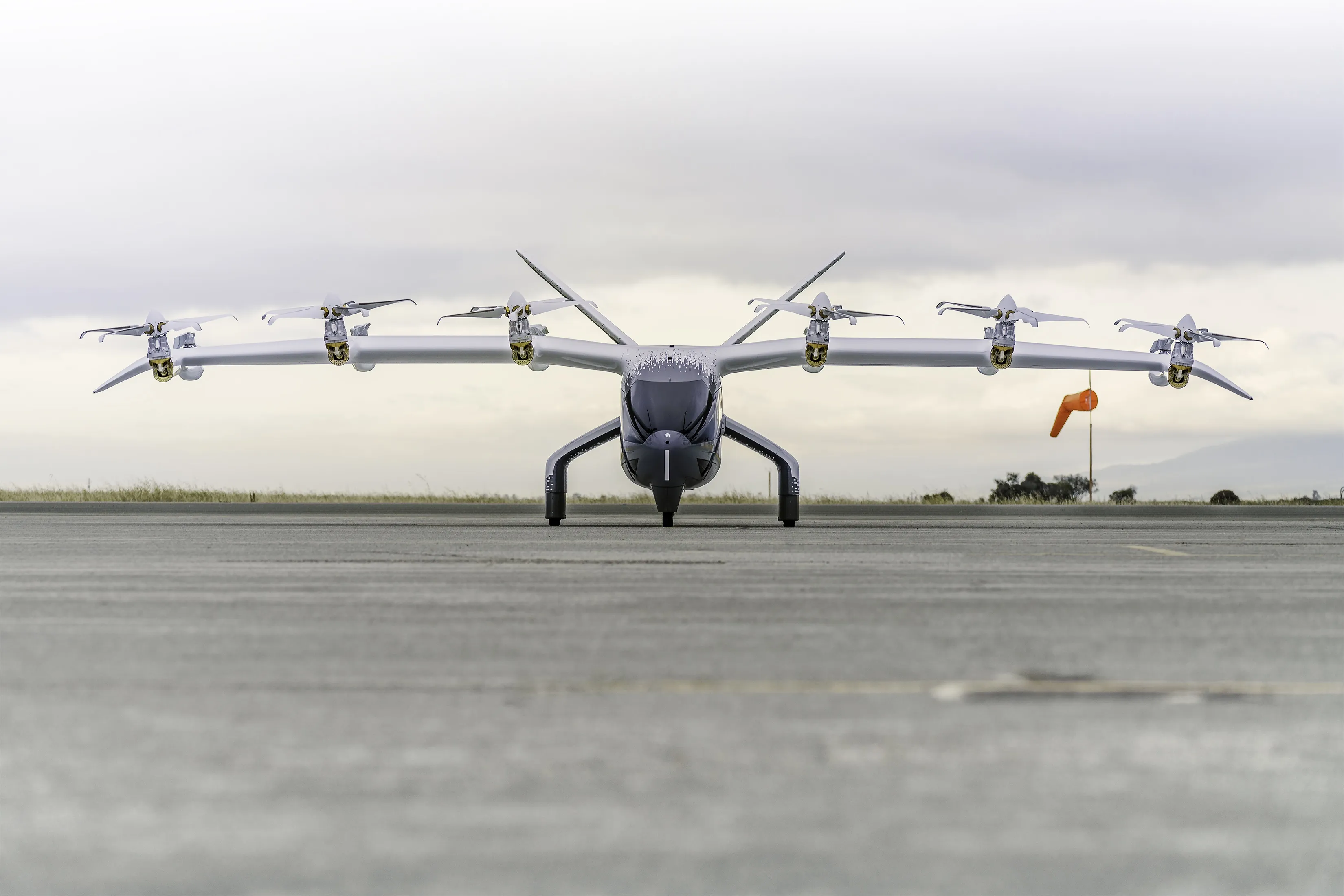Volkswagen (VW) has formed an autonomy subsidiary in the German cities of Munich and Wolfsburg with the aim of developing a self-driving system (SDS).
The company says Volkswagen Autonomy (VWAT) is to work with Argo AI to establish an SDS as a standard module for all group brands in the future.
In July, VW agreed to collaborate more closely in autonomy with Ford which includes a stake in Argo AI.
As part of the deal, VWAT will collaborate with VW Commercial Vehicles to integrate the SDS into purpose-built robo-taxis and robo-vans.
VW’s senior vice president for autonomous driving Alexander Hitzinger will manage VWAT, which will be responsible for all activities related to autonomous driving from SAE Level 4.
"We will continue to use synergies across all group brands to reduce the cost of self-driving vehicles, high-performance computers and sensors. We plan to start commercialising autonomous driving at a large scale around the middle of the next decade,” he says.
Looking ahead, the company intends to establish two additional subsidiaries to support the development of the SDS in Silicon Valley and China.
VW forms driverless subsidiary
Volkswagen (VW) has formed an autonomy subsidiary in the German cities of Munich and Wolfsburg with the aim of developing a self-driving system (SDS).
The company says Volkswagen Autonomy (VWAT) is to work with Argo AI to establish an SDS as a standard module for all group brands in the future.
In July, VW agreed to collaborate more closely in autonomy with Ford which includes a stake in Argo AI.
As part of the deal, VWAT will collaborate with VW Commercial Vehicles to integrate the SDS into purpose-buil
November 15, 2019
Read time: 2 mins









